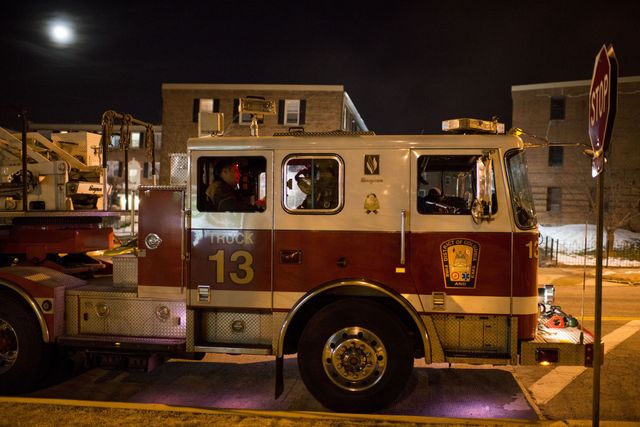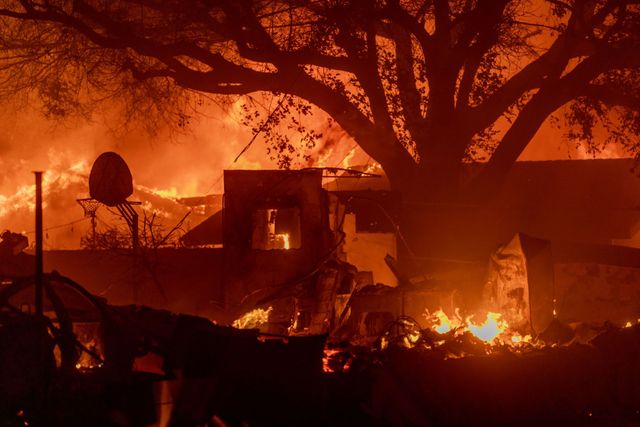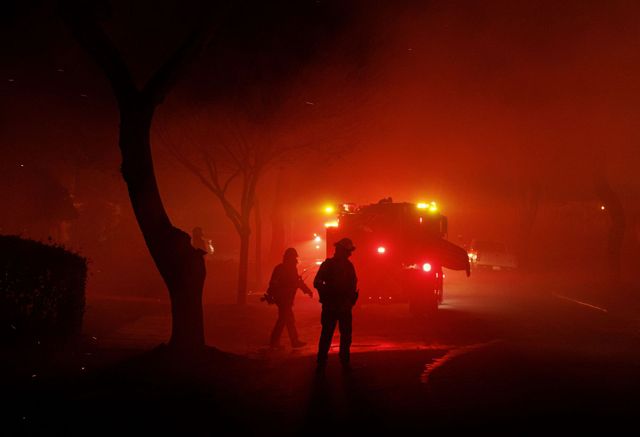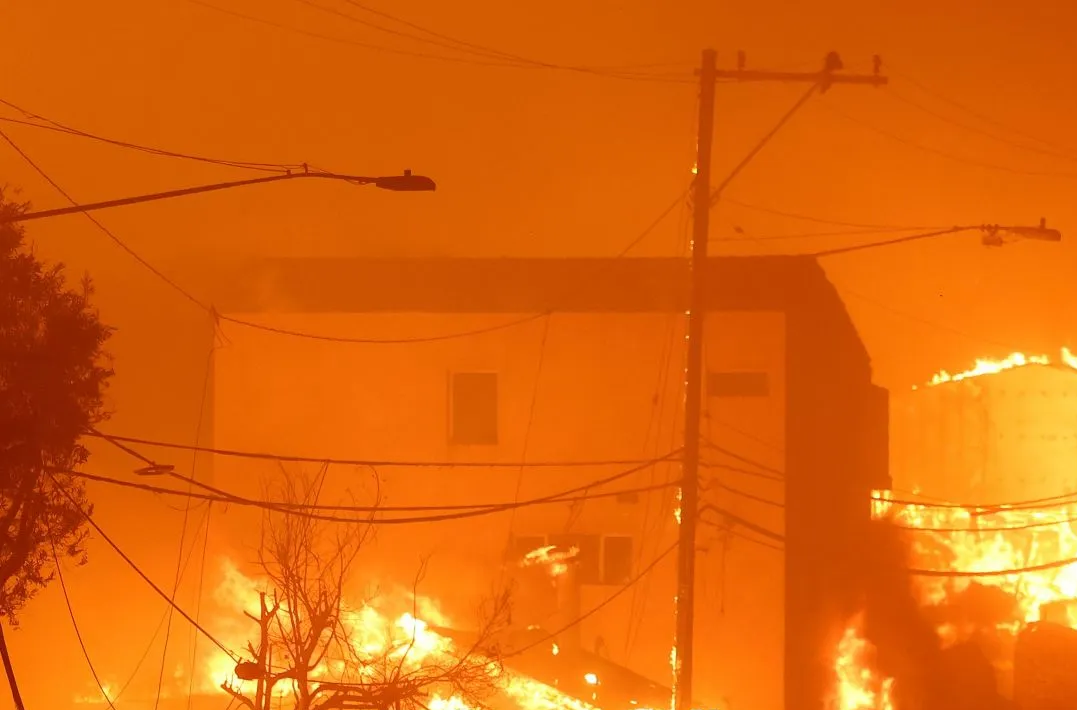As wildfires continue to wreak havoc on communities across the western United States, innovative solutions have emerged, such as Watch Duty. This wildfire monitor app, introduced in 2021, has been a lifesaver for people in areas prone to fires like the unfolding of the Pallisades fire.
The story of the Watch Duty goes back to John Mills, a Silicon Valley tech entrepreneur. The inspiration for this innovation reportedly came from a personal experience during the Wallbridge fire in 2020 when emergency information seemed chaotic.
Mills told NPR in September 2024:
“You know, it’s only a matter of time before it comes back for me.”
Mills realized a critical need to have a space where one could receive real-time updates about wildfires, which made him complete Watch Duty within 80 days. Mills recalled the time, stating:
“Hey, I live in the woods, I’m gonna die, this has to get launched tomorrow. So we built Watch Duty in 80 days and got it live and had 50,000 users in a week.”
Starting as a tool in three Northern California counties, the Watch Duty has now extended to the whole of the West United States, stretching as far east as Texas and Oklahoma. This not-for-profit service is supported by donations and subscriptions to enhanced features that ensure the app respects user privacy and does not collect personal information.
In 2024, Watch Duty reported a significant increase in its user base and engagement metrics. The app’s annual active users increased from 1.9 million to 7.2 million– a 3.7 times increase.
Active mobile devices also increased from 1.3 million to 2.8 million, and pageviews went up four times from 115 million to 512 million. It also showed at its peak use times. For example, in the Southern California fires in September 2024, more than 1.1 million people used the app every day.
How does Watch Duty work?
 DC Fire Department (Image via Getty)
DC Fire Department (Image via Getty)
Watch Duty utilizes technology and community engagement to present real-time information on wildfires. The app compiles data from official sources, such as GIS data from CalFire and satellite imagery, and relies on a volunteer contributor team made up of many firefighters and emergency response professionals.
The volunteers watch live feeds from wilderness cameras and listen to radio communications from firefighters in order to deliver timely updates.
Features of Watch Duty include:
- Real-time alerts on nearby wildfires and firefighting efforts.
- Flight paths for firefighting aircraft can be monitored.
- User reports that are geolocationable, allowing people to share information about fire conditions.
- Comprehensive evacuation notices and shelter information for affected people.
Volunteer efforts in Watch Duty
Volunteer fire reporter Shannon Mahorney of Watch Duty said it is essential to integrate technology with community involvement. Speaking with Axway, Mahorney stated:
“Watch Duty is the intersection of technology like APIs and people who are dedicated to helping their communities stay safe. It’s an honor to be part of it.”
Karen Hancock of Sonoma County commented that Watch Duty has become an indispensable tool for the public and firefighters alike. Speaking with NPR, Hancock said:
“It has been an amazing tool for not only our public but for our firefighters and crews as well.”
She added:
“Having another resource that is reaching so many in the community– it’s lifesaving.”
How is Watch Duty used in Pallisades fire?
 Powerful Winds Fuel Multiple Fires Across Los Angeles Area (Image via Getty)
Powerful Winds Fuel Multiple Fires Across Los Angeles Area (Image via Getty)
The Watch Duty app has been used in tracking and managing the ongoing Palisades Fire, which broke out on January 7, 2025.
Watch Duty was notified in real-time of the Palisades Fire, which spread within hours after ignition because of strong 40-mph winds.
The app provides an interactive map showing the location and perimeter of the fire. This will give users an idea of the direction the fire is taking and what areas are involved. It also guides the users on how to navigate through danger zones safely.
What happened at Palisades?

On January 7, 2025, the Palisades Fire broke out at Los Angeles’s Pacific Palisades and moved rapidly throughout the area, displacing thousands of residents.
The first report of the fire was around 10:30 am PT, and within hours, it spread from 20 acres to over 2,921 acres because of the onslaught of strong Santa Ana winds, which clocked at its highest up to 50 mph.
More than 30,000 residents received evacuation orders, and many evacuated from their homes with flames closing in. The panic evacuation caused major traffic congestion on all major escape routes, and several people had to abandon their vehicles and run on foot.
At least six homes were destroyed, but many more are threatened, according to earlier reports.
Edited by Anshika Jain



